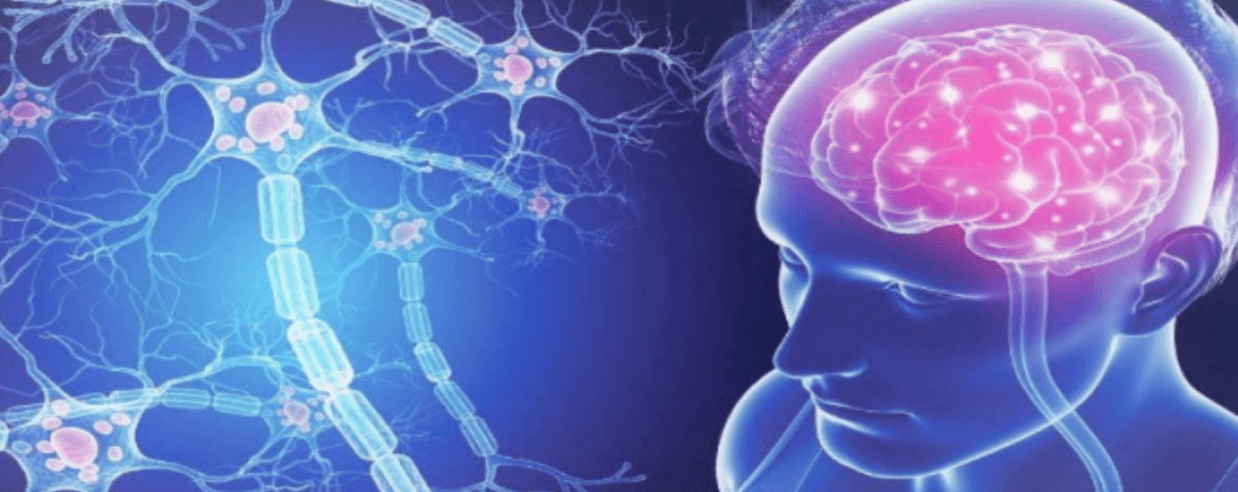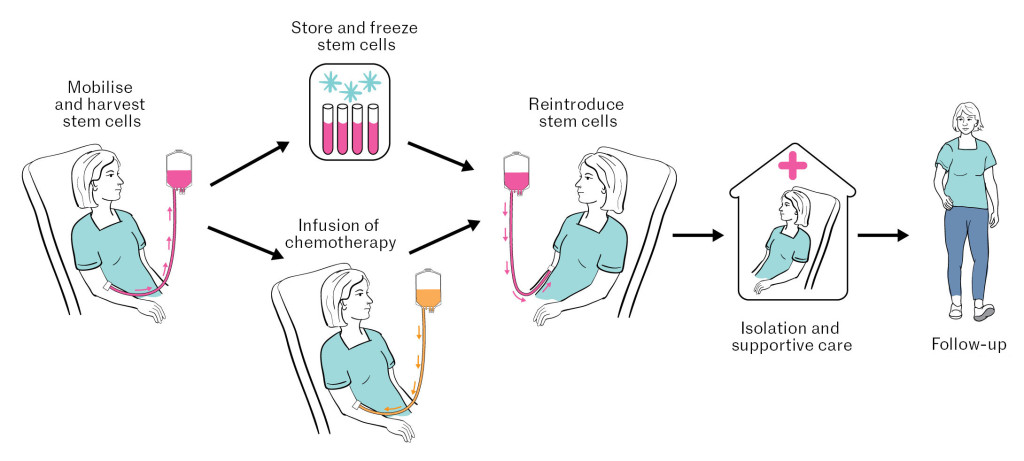3 Easy Facts About Regenerative Medicine For Multiple Sclerosis Described
Table of ContentsSome Known Details About Regenerative Medicine For Multiple Sclerosis The Basic Principles Of Regenerative Medicine For Multiple Sclerosis Things about Regenerative Medicine For Multiple SclerosisThe Of Regenerative Medicine For Multiple SclerosisRegenerative Medicine For Multiple Sclerosis Fundamentals ExplainedMore About Regenerative Medicine For Multiple SclerosisThe Facts About Regenerative Medicine For Multiple Sclerosis Uncovered
The mesenchymal stem cells transplanted during stem cell treatment can divide and grow to develop new cells that can fill in the harmed cells of the anxious cells. This could recover neurological functions in clients with this problem. These benefits of stem cell treatment are further sustained by the capacity of MSCs to promote recovery.Patients with numerous sclerosis are normally treated with mesenchymal stem cells. These are multipotent stem cells that have the ability to differentiate and develop to form a vast array of cell enters the body. Once hair transplanted, these stem cells can create to form healthy and balanced afferent neuron hence sustaining the regrowth of the damaged cells of the worried system.
Once hair transplanted, the stem cells migrate to locations of swelling or damages within the main nerve system (CNS). They are normally drawn in to the sites of injury where the immune system is attacking the myelin sheath, the safety covering of nerve fibers. The stem cells function by advertising the repair work and regeneration of damaged myelin, possibly bring back function to affected afferent neuron.
The Ultimate Guide To Regenerative Medicine For Multiple Sclerosis
Stem Cell Research Study on MS The National Numerous Sclerosis Society, along with various other companies, is proactively funding and sustaining study into mesenchymal stem cell therapy for numerous sclerosis to explore their prospective and improve treatment methods. The objective is to develop much safer and extra efficient ways to utilize stem cells in dealing with MS.
The Of Regenerative Medicine For Multiple Sclerosis
Here are below from evaluations of people Swiss Medica clinic. The client took a trip from Romania seeking treatment for MS after listening to favorable feedback concerning stem cell treatment for the disease.
Obtain a cost-free online examination to discover exactly how stem cells will benefit your case, and what are the duration and expense of the therapy. Medical Advisor, Swiss Medica doctor Lemus, H. N., Warrington, A. E., & Rodriguez, M. (2018 ). Several Sclerosis: Mechanisms of Illness and Techniques for Myelin and Axonal Fixing.
An Unbiased View of Regenerative Medicine For Multiple Sclerosis

Stem cells are cells in the body that can grow into specialized cells that offer a certain function. They are also able to generate specific copies of themselves. There are two main types of stem cells: embryonic stem cells and adult stem cells. are discovered in the establishing embryo and can develop right into a lot of kinds of cells in the body.
are discovered in some adult cells and organs including the bone marrow, skin, blood, and mind. Adult stem cells are not as adaptable as beginning stem cells and are as a result a lot more restricted in terms of the kinds of cells they develop right into. The unique residential properties of stem cells offer promise for new therapies that can slow/halt MS illness activity and repair service cells damage in the main nerve system.
The Single Strategy To Use For Regenerative Medicine For Multiple Sclerosis

The treatment entails gathering stem cells from a person's own (autologous) bone marrow. The person is after that treated with chemotherapy to deplete the immune system and stem cells are reintroduced right into the body where they develop right into new, healthy and balanced immune cells - Regenerative Medicine for Multiple Sclerosis. Stem cells can be injected right into the body in different methods

In 2000, the MS Society of Canada and MS Scientific Research Foundation funded a company website professional trial including HSC transplants, led by Drs. Mark Freedman and Harry Atkins from the Ottawa Healthcare Facility Research Institute/University of Ottawa. The aHSC therapy offered in Canada is a treatment that uses high-dose radiation treatment, additionally called conditioning.

The Buzz on Regenerative Medicine For Multiple Sclerosis
Neural stem cells (NSC) are found in the mind and can mature into different kinds of brain cells consisting of nerve cells, oligodendrocytes, and astrocytes. NSCs might offer to repair or shield the brain and regulate the body immune system. Early scientific tests in non-human primates showed that treatment with NSCs benefitted the development of MS-like illness in pet versions.
The outcomes from these safety and security studies are favorable for future stem cell and regenerative medication therapies in MS. Future professional tests (phase 2 and 3) with larger varieties of participants and controls are required to assess the efficiency of this therapy for MS. As shown by the examples above, there is a huge variety of study occurring that will certainly provide additional responses about using stem cells to deal with MS.
Stem cell treatment is considered risk-free, however, like any type of clinical treatment, it lugs some dangers, such as temporary swelling or pain at the injection site. Nonetheless, serious side impacts are rare when performed by certified professionals.
Fascination About Regenerative Medicine For Multiple Sclerosis
Several sclerosis (MS) is a persistent illness of the main worried system that affects the mind and spine. It is characterized by the degradation of myelin, a material that covers nerve fibers, bring about interruptions in interaction in between the mind and the remainder of the body. Signs can go to this site vary commonly and consist of muscle weakness, vision issues, inequality, and fatigue.
Multiple sclerosis is identified by the immune system mistakenly assaulting the safety sheath (myelin) that covers nerve fibers, creating interaction concerns between the brain et cetera of the body. The condition can cause the wear and tear or irreversible damage of nerves. Symptoms differ widely amongst patients and can include exhaustion, wheelchair concerns, discomfort, and cognitive adjustments.